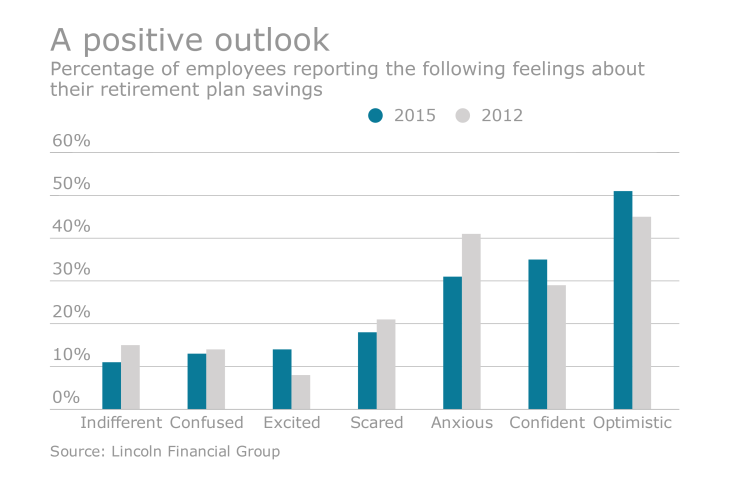Small employers are doing a better job than large companies when it comes to containing healthcare costs,
The special report, “Small Businesses Keeping Pace with Nationwide Health Trends,” found that employers with less than 100 employees are keeping pace with the average employer — data that bucks the prevailing thought that small employers could not compete with larger firms.
Employees across all plan types pay an average of $3,378 toward annual health insurance benefits, with the employer paying the remainder of the $9,727 total cost, according to the report. Among small groups, employees pay $3,557 and the employer pays the remainder of the $9,474 balance, a 5.3% difference.

“In a tight labor market, with the unemployment rate very low, it’s imperative that these small employers are able to compete for these employees,” says Scott Deru, chairman of the board for UBA and president of Fringe Benefit Analysts, a UBA partner firm in Utah.
While large employers are aggressive at managing healthcare costs, small businesses still benefit from Affordable Care Act rules and state laws that keep healthcare options minimal, he says.
See also:
“While employers with 500 to 1,000 or more employees may indeed offer better coverage (lower copays, deductibles, in-network out-of-pocket maximums and monthly premiums), small employers have a lot to offer employees when it comes to wages, purpose [and] flexibility,” says Peter Weber, president of UBA. “Small employers would do well to benchmark their plans against their same-size peers and communicate how competitive their plans are relative to average national costs, deductibles, [and] copays.”
In some cases, the average annual cost per employee for small businesses falls below average. For example, the average annual cost per employee in all plans is $9,727, compared to $9,165 for employers with 25 to 49 employees. The data comes from the UBA’s most recent “Health Plan Survey,” the nation’s largest benchmarking survey that polled 11,524 employers sponsoring 19,557 health plans.
“Generally speaking, however, small businesses are not cutting corners with their coverage,” says Weber. “Copays, deductibles, and HSA funding — when offered — are generally in line with average employers.”





